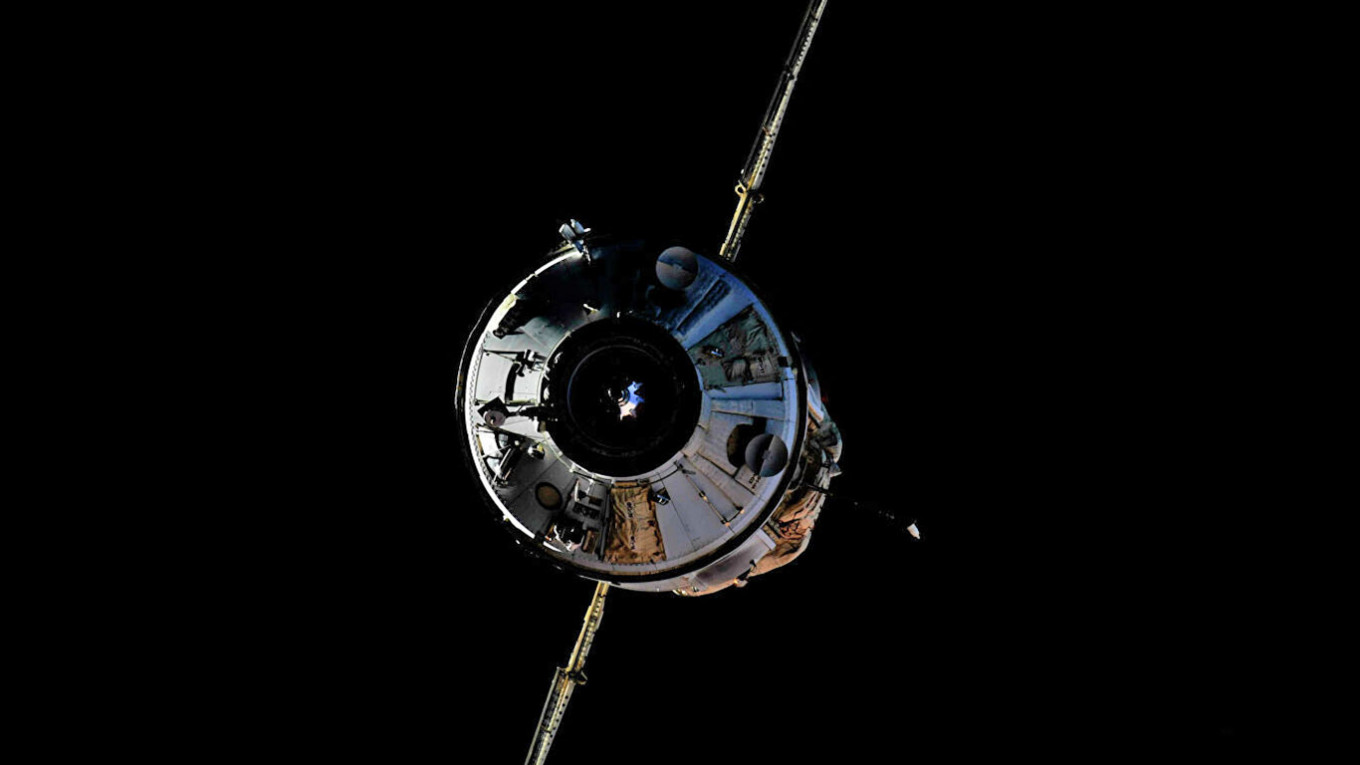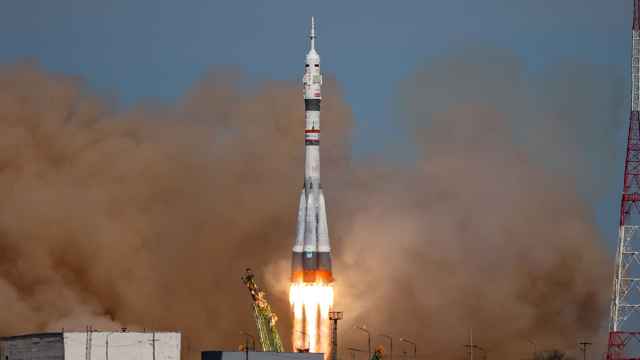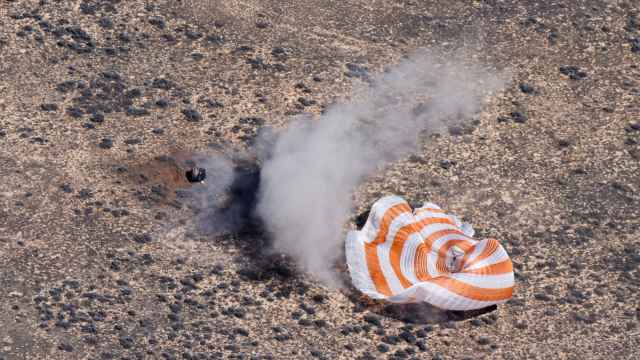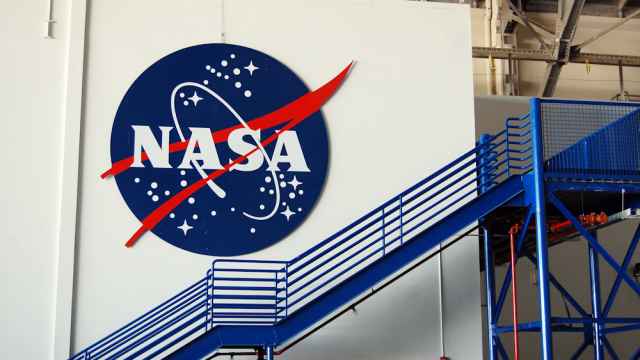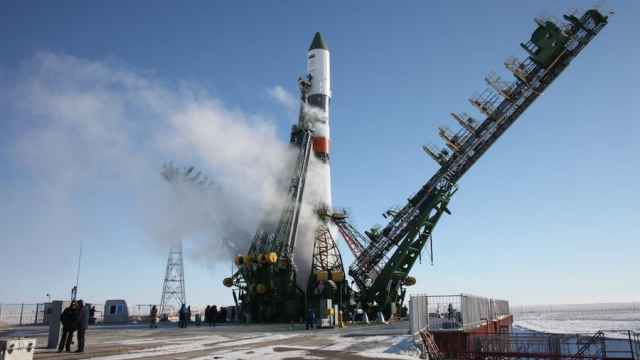Engineers will need to determine if a Russian module briefly throwing the International Space Station out of position had long-term effects on the other systems in the ISS, the Associated Press quoted a Russian space official as saying Wednesday.
The Nauka laboratory module’s thrusters fired unexpectedly a few hours after docking Thursday, causing the ISS to spin 540 degrees and forcing mission control to fire other thrusters at the station to counter the effect.
“It appears there is no damage,” Sergei Krikalev, executive director for crewed space programs at the Roscosmos space agency, said on state tv, according to AP.
“But it’s up to specialists to assess how we have stressed the station and what the consequences are.”
NASA said Tuesday that the orbiting outpost is “in good shape and operating normally” after the brief loss of control. Krikalev attributed the 20-ton Nauka’s mishap to a glitch in the control system that mistakenly assumed it had not yet docked.
Krikalev, who spent 803 days in orbit during six space missions, called the ISS “a rather delicate structure” with both the Russian and U.S. segments “built as light as possible.”
He said that firing orientation engines had created a dynamic load on the station’s components, requiring a thorough analysis of whether some of them could be overstressed.
“An additional load stresses the drivers of solar batteries and the frames they are mounted on,” he said.
“Specialists will analyze the consequences, and it is too early to talk about how serious it was, but it was an unforeseen situation that requires a detailed study.”
Nauka’s mission last week came after more than a decade of delays, with its initial conception in the mid-1990s and repeated launch delays since 2007.
A Message from The Moscow Times:
Dear readers,
We are facing unprecedented challenges. Russia's Prosecutor General's Office has designated The Moscow Times as an "undesirable" organization, criminalizing our work and putting our staff at risk of prosecution. This follows our earlier unjust labeling as a "foreign agent."
These actions are direct attempts to silence independent journalism in Russia. The authorities claim our work "discredits the decisions of the Russian leadership." We see things differently: we strive to provide accurate, unbiased reporting on Russia.
We, the journalists of The Moscow Times, refuse to be silenced. But to continue our work, we need your help.
Your support, no matter how small, makes a world of difference. If you can, please support us monthly starting from just $2. It's quick to set up, and every contribution makes a significant impact.
By supporting The Moscow Times, you're defending open, independent journalism in the face of repression. Thank you for standing with us.
Remind me later.


